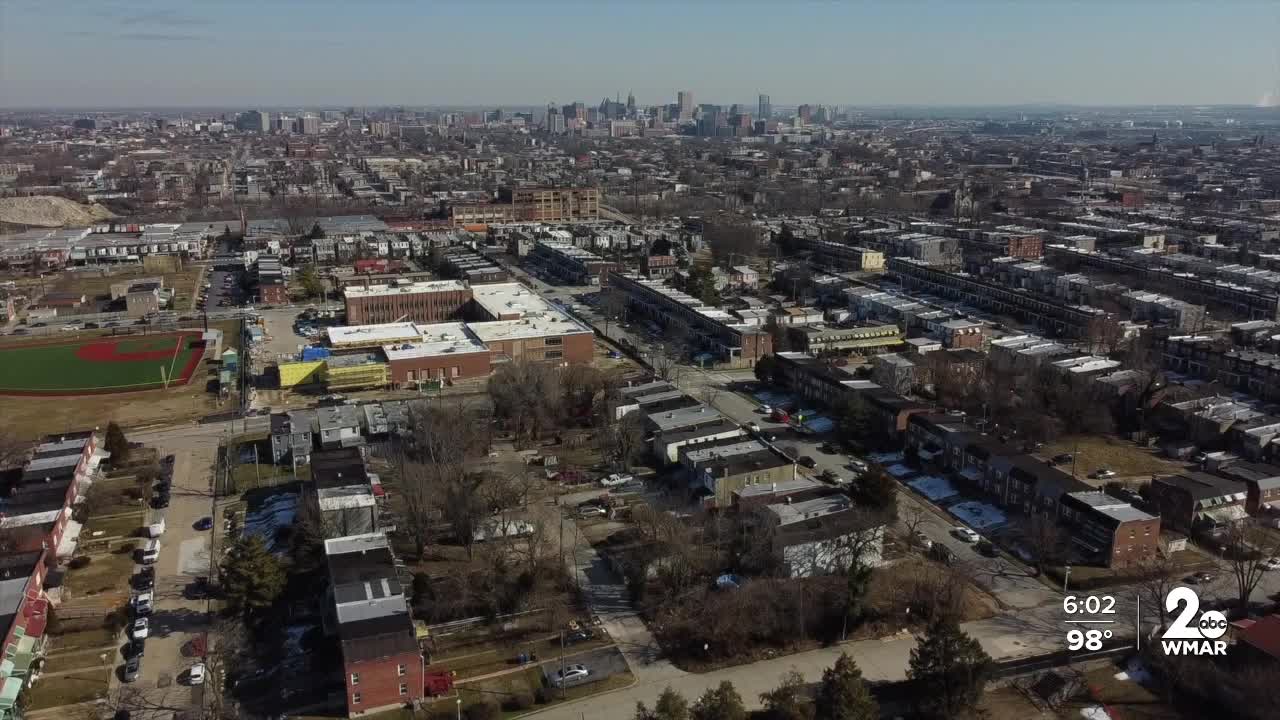BALTIMORE — Asset-limited, income-constrained, employed or ALICE.
It's the United Way's classification for people above the federal poverty line but struggling to afford their needs.
In Baltimore City, a single person making less than $17 an hour qualifies.
That's the bracket Jess Russell falls into.
"We are the working class. However, we do not qualify for any assistance, whether it's SNAP benefits, WIC, even energy assistance," said Russell.
Russell works at the library and lives in Baltimore City.
Her toughest time was during the pandemic, when the school system she used to work for cut her position.
"I was several months behind on my rent as well as my bills, and I was facing huge hardships as well as eviction. So United Way actually did provide me with assistance with my rent. I think it was eight months of my rent that I was backed up on, as well as paid three months into the future," said Russell.
Russell took the assistance from the United Way, got a new job, and hasn't had to use it since.
Still, unexpected expenses can be a major burden.
"There's no savings necessarily to pull from; it more so is foregoing one bill or one expense to deal with an unexpected occurrence," said Russell.
The United Way estimates 38% of Maryland families are below the ALICE threshold which varies based on how many adults or children are in a household.
For people in need of assistance, the United Way helps them with costs like housing, medical bills, transportation needs, and funeral expenses.
Mainly, the organization connects people to other programs that provide assistance.
"Whatever we can do to ease the burden for healthcare, food, housing, etc. That's really what we try to do through our interventions, through our programs through our nonprofit partners. Then working with the legislature to change policy," said Russell.
Unfortunately, due to rising costs and the pandemic, the number of ALICE families and those under the federal poverty line is growing in Maryland.




